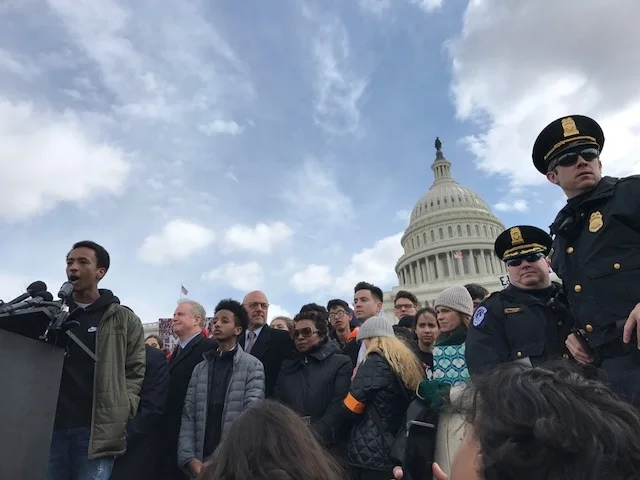January 2020, Rosignano Solvay, Italy
Hello everyone, my name is Maricla Pannocchia, I’m the founder of a charity called “Adolescenti e cancro” (Teens and Cancer) which brings young people with cancer together. We support anyone aged 13 to 24 y.o. from anywhere in Italy who is going, or has gone, through a childhood cancer diagnosis.
We organize free activity stays, days out and other initiatives so these young people and their families can meet others in similar situations and we aim to make the cancer journey a little less lonely. I also work a lot on bringing much needed childhood cancer awareness. I set up my charity in 2014 and that’s when my life changed. Before that, I didn’t know anything about childhood cancer. I was – and still am – lucky enough to have never experienced cancer myself, nor to have known a close person who has gone through a cancer battle, so I didn’t have any reason to think about cancer in general or, specifically, about childhood and teenage cancer. I happened to read a story or two in the newspapers, once in a while, but those were mostly stories where pain, suffering and death were the predominant themes. On the contrary, I sometimes saw pictures of bald, beautiful and happy children or teens having fun in a summer camp.
Those are just two extreme sides of the cause. Childhood cancer has many shades, and most of them are not seen by the general public. When is the last time you heard about how childhood cancer is severly underfunded? I didn’t know that. I worked in my charity for a good year and a half before I’ve found those information in some foreigner Facebook groups set up by childhood cancer families. Until then, I thought any child or young person diagnosed with cancer in Europe or in the States would be treated with the best treatments. I didn’t know that, because childhood cancer is considered “rare”, in the US only 4% of federal government cancer research funding goes to study pediatric cancer. In Europe, 6.000 children and young people die of cancer every year yet in the last 9 years only two new cancer drugs for the pediatric patients have been developed. In 2016 there were over 1.000 new drugs being devoloped for adults with cancer.
When I learned about this I was shocked, and outraged. We’re focusing on so many unimportant things. We keep saying: “Children and young people are our future” and then we fail them. Why? Do governments really think money are worth more than a young person’s life? Most of these children and young people go through old, harsh treatment plans that often leave them with long term side effects such as infertility and secondary cancers. Then, when we say “childhood cancer” people often think that’s just one illness when in fact we’re talking about many different types of cancer and dozens of subtypes. Prognosis can vary from one cancer type to the other. There are certain types of cancer for which the prognosis is still pretty poor and some types of cancers like DIPG (diffuse intrinsic pontine glioma; a type of brain cancer) that still has no cure. It’s terminal upon diagnosis and the average survival rate is 9 months from diagnosis. This didn’t change in the last 50 years.
And the question is still the same, old one: Why? Because we’ve got the wrong priorities. Because we don’t like to think about childhood cancer, it may scare us, but we need to shed light on this topic and to make our voices heard with these families and young people as well as on their behalf. We must be united to make our voices stronger and to inform governments and all the other people who play an important part that we can’t keep ignoring this. This is such a complicated world which is impossible to completely describe now. That’s why I share a lot of real life stories that young people and their families send to me, because they want you all to know what they are or have been going through and how one of the most basic human rights – the right to health – is often ignored in our rich and developed Countries where many children and young people die or go through months or even years of hell because we all, as a developed society, are failing them.
Childhood cancer is not just bald, smiling kids. It’s not just pain and heartbreak. I’ve got the honor of knowing many young people with cancer, many brave parents, and they taught me the most important life lessons that shaped me as a person. They really are our present and our future. They should have the right to go to school, play a sport, have fun, travel, being contributors to the world. They are not just poor little kids lying in a hospital bed that we can easily forget about, or that we can feel sorry for, they are individuals each with his/her own personality, dreams and worries. They deserve a future, and a present in which they are well cared for and where they can feel they are worth to us.
I encourage everyone here today to learn more about this cause. I’m using my charity’s Facebook page to share real life stories as well as articles from reliable sources to help people get a better understanding of the childhood cancer world. Educate yourself, that’s the first step, I think. Don’t turn a blind eye. It won’t help anyone. And once you’ve started learning about all this, and maybe you’ve met a childhood cancer family or two, you’ll be able to advocate and to join all our voices. Together, we really can make a difference.
To follow my charity’s Facebook page: www.facebook.com/adolescentiecancro




